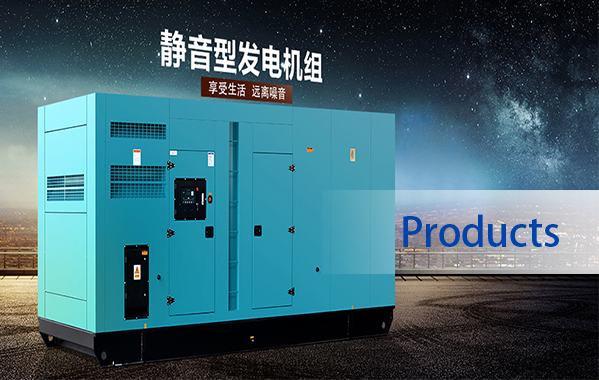If you go for a stationary type, your choice of fuel should be determined primarily by the source you already use for the home's heating or by the fuels available in your area. Note that most residential generators are bi-fuel and can run on both natural gas and LPG (casually called propane). You will normally need a simple field adjustment to convert from one type to the other. If like most homes your house is already supplied with gas, or if LPG is readily available in your area, a bi-fuel NG/propane genset is your logical choice. See our detailed standby genset review for ratings and characteristics of various systems. Among major brands, the Generac's Guardian® models probably have the lowest cost per kW. In my view, they are the best buys. You just need to pick the right size. Kohler and GE are a bit more expensive, but they offer a longer warranty. CR magazine's pick in 2013 was 7-kW model 6237. However, this size may not be sufficient if you have a central air conditioner. As a rule of thumb, an average house with 5-ton a/c typically needs a system rated 15-17kW or greater.
Here are some lesser known details you need to know when you are selecting a natural gas generator for your home. A typical gas meter is rated to 250 CFH. This may not be enough if you are adding a large genset. An engine will not provide full power if it is not supplied with the fuel amount specified by its manufacturer. In this case, you will need to ask your utility company to upgrade your existing meter to a higher-volume one. Also, some older models may require the gas pressure to be greater than the standard delivery pressure available to your house. Be sure to check the model's requirements. The typical pressure in residential installations is 0.2-0.25 psi (5-7 inch water column). If you choose a device that requires greater psi, you may need to install a split-meter with two regulators. One will provide a higher pressure, and the other one will drop it to the normal level for the rest of your appliances. The above upgrades may cost anywhere from zero to $5,000.
A stationary NG system seems to be an ideal power backup for the whole house. Nevertheless, in an unlikely case of a major natural or other disaster the gas supply may be interrupted as well. In this case, you may switch to propane tank if you have a bi-fuel system. If NG service does not exist in your neighborhood, you can get a large propane tank that is periodically refilled by a local distributor. Propane has practically unlimited shelf life and it is normally obtainable during power outages. In can be used in both fixed and portable devices. In my view it is the best choice for portables. You may also consider a diesel system. Diesel engines are the most efficient and maintenance-free of all types. However, they are also the most expensive. This makes them more appropriate for industrial applications. In addition to this, diesel, like gasoline, may not be available during a major blackout. For the current deals on some of the top rated residential models see our discount generators picks and review.
Previous:HOW TO CHOOSE A GENERATOR.
Next:INSTALLATION TIPS.






